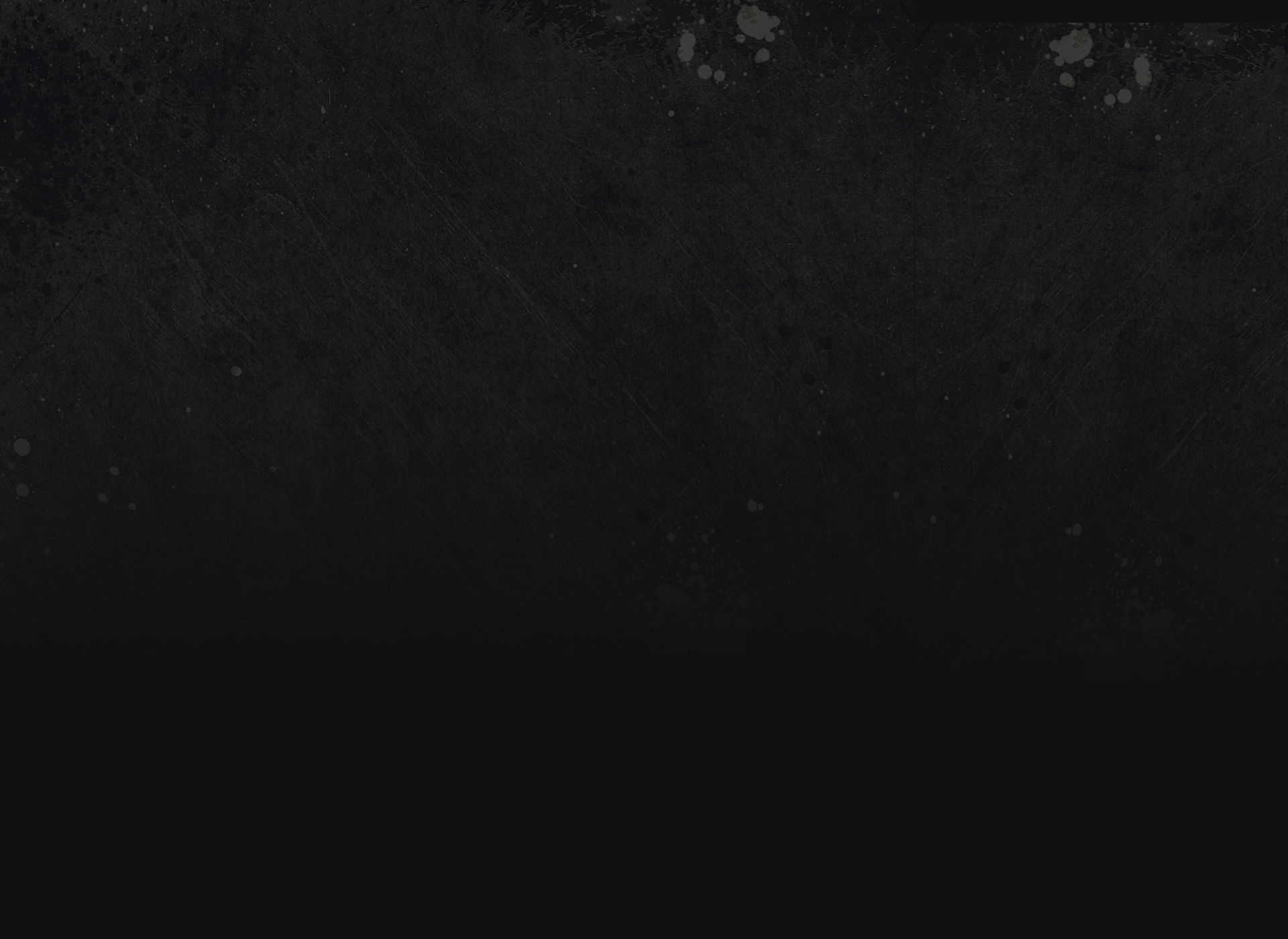Valerian and the City of a Thousand Planets
- Dan Jolin
- Jul 21, 2017
- 3 min read
In the mid-26th century, special agents Valerian (DeHaan) and Laureline (Delevingne) must deal with a mysterious threat to the cosmically cosmopolitan deep-space metropolis of Alpha, home to millions of lifeforms from a thousand different worlds — while also dealing with their growing attraction to each other.
Luc Besson’s latest is something he’s been itching to make for more than 20 years. It’s based on comic strips that fired his imagination as a petit garçon (the Star Wars-influencing Valérian And Laureline, by Pierre Christin and Jean-Claude Mézières). It’s enabled him to let loose with digital techniques he wished he'd had back on The Fifth Element. And he’s made it on his own terms, free of any studio interference, despite the production’s whopping $180 million budget. In short, Valerian And The City Of A Thousand Planets is the most ambitious and colossally risky cinematic endeavour since James Cameron made Avatar.
The result is a breathless, boundless candy-neon pinball-machine theme-park freak-out so lacking in any sense of creative restraint that it makes most other space operas look shabby and timid. If you thought Jupiter Ascending was visually conservative and insufficiently bewildering, or that The Force Awakens would have been improved by a five-minute sequence in which Rihanna pole-dances as a shapeshifting prostitute, then Valerian is the movie for you. With jellyfish that eat memories, aquatic monsters the size of cathedrals and a bazaar so bizarre its exists simultaneously in different dimensions, it’s like Guardians Of The Galaxy might have turned out if James Gunn were a being made of pure mescaline.
So on one level, you have to applaud Besson. This is world-building where not even the sky is the limit and every frame is stuffed with mad-genius invention. It’s the oil on canvas to The Fifth Element’s doodle on a beer mat. But what’s missing is… well… everything else. Story. Character. Coherence. A sense of pace, even.
At two-and-a-quarter hours long, Valerianis a marathon run at a sprint. It's exhausting. During those rare, nano-moments where oh-so-pretty leads Dane DeHaan and Cara Delevingne slow down to talk and flirt, they communicate only in leaden cliché-ese. “My heart will belong to you and no-one else,” blahs Valerian; “You’re scared of commitment,” Laureline drones in response. Besson may be able to marshal the mighty forces of VFX to artfully craft any weirdo monster or spaceship his distended subconscious can squirt out, but he can't create any chemistry between these two. DeHaan, a damn fine actor who's best employed as the wan, moody outsider, is desperately miscast as the supposedly suave, jet-booted hero. Delevingne is given little more to do than pout, glower and punch Clive Owen repeatedly. There’s no sense of depth or history to this couple, no reason to care for either their mission or their ersatz romance.
As for the plot they have to propel, once you strip away all the shiny, greeble-covered cladding, it’s flimsier than a bottle rocket attempting re-entry. There’s a cute alien critter our heroes have to rescue from a place. Then they take it to another place, where aliens who look like supermodels want the cute critter back. That’s pretty much it, and yet somehow you still feel befuddled. Might be something to do with all those bubblegum-firing guns and phosphorescent butterflies and fat-bottomed frog monsters, and that bit where Delevingne wears the galaxy's biggest hat.
The sad truth is, once the giddy novelty of riding dodgems in Besson’s psychedelic space-carnival wanes, it all becomes quite grating (and watching it in eye-sandblasting 3D really doesn’t help). Almost enough to make you want to grab the nearest memory-eating jellyfish.
A wildly ambitious space opera, but also a self-indulgent narrative morass. Sometimes, it seems, creativity can benefit from a few limitations.

![Did You Know (Smokey And The Bandit) [1977]](https://img.youtube.com/vi/IzMpOvKxXdM/mqdefault.jpg)


![Did You Know (Rambo-First Blood) [1982]](https://img.youtube.com/vi/IAqLKlxY3Eo/mqdefault.jpg)







Comments